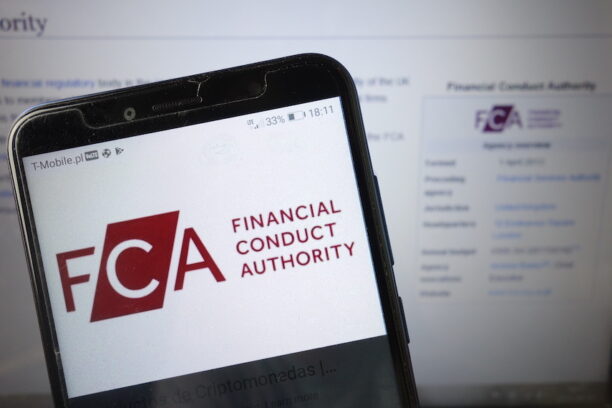I’m certainly excited about our new research on how US companies report financial benefits of sustainability programs. However, my view on the need for an ROI/financial value supporting corporate sustainability programs sometimes comes under fire for taking too narrow a view of sustainability. That criticism is somewhat correct: there are intangible benefits to sustainability programs that can’t be quantified, but are nonetheless worthwhile. Investments in local communities and education, employee growth opportunities, charitable donations and philanthropy are some examples.
However, for sustainability to survive the next three years under the current US administration’s policies, de-regulatory and enforcement pullbacks, we must adjust our priorities. Failing to do is an existential threat to practitioners, staff, leaders and corporate functions. Focusing on the ROI/business value helps fight back against the anti-ESG movement, claims of breaching fiduciary duties and shows financial stakeholders that doing good does mean doing well – even if the scope of that is more limited than we wish.
Another hard truth is that many companies don’t want to be sustainability leaders – they are satisfied being “C+ students” (I heard that refrain many times when I was helping companies develop their conflict minerals programs and disclosures). These organizations aren’t keen to take on voluntary initiatives that don’t generate ROI. They tend to stick to the script of legal requirements and business fundamentals. If you believe in Adam Smith’s invisible hand, those companies will either be rewarded or pay the price in the market for that decision. Gaining wider adoption of corporate sustainability – and its broader environmental and social benefits – requires that C+ companies improve their grades. Especially in the near term, that is more likely to happen if direct financial benefits can be obtained from programs, costs and investments.
Sure, not all sustainability benefits can be quantified. But t this moment in the US political and cultural zeitgeist, we must aggressively pursue identifying and communicating financial benefits/ROI where we can, where the results are defensible, reasonable and easily understood. In an ironic twist, sustainability needs to take a short term view to survive.
Members can read more about the business value of sustainability here.
Members also save hours of research and reading time each week by using our filtered and curated library of ESG/sustainability resources covering over 100 sustainability subject areas – updated daily with practical and credible information compiled without the use of AI.
If you’re not already a member, sign up now and take advantage of our no-risk “100-Day Promise” – during the first 100 days as an activated member, you may cancel for any reason and receive a full refund. But it will probably pay for itself before then.
Practical Guidance for Companies, Curated for Clarity.










